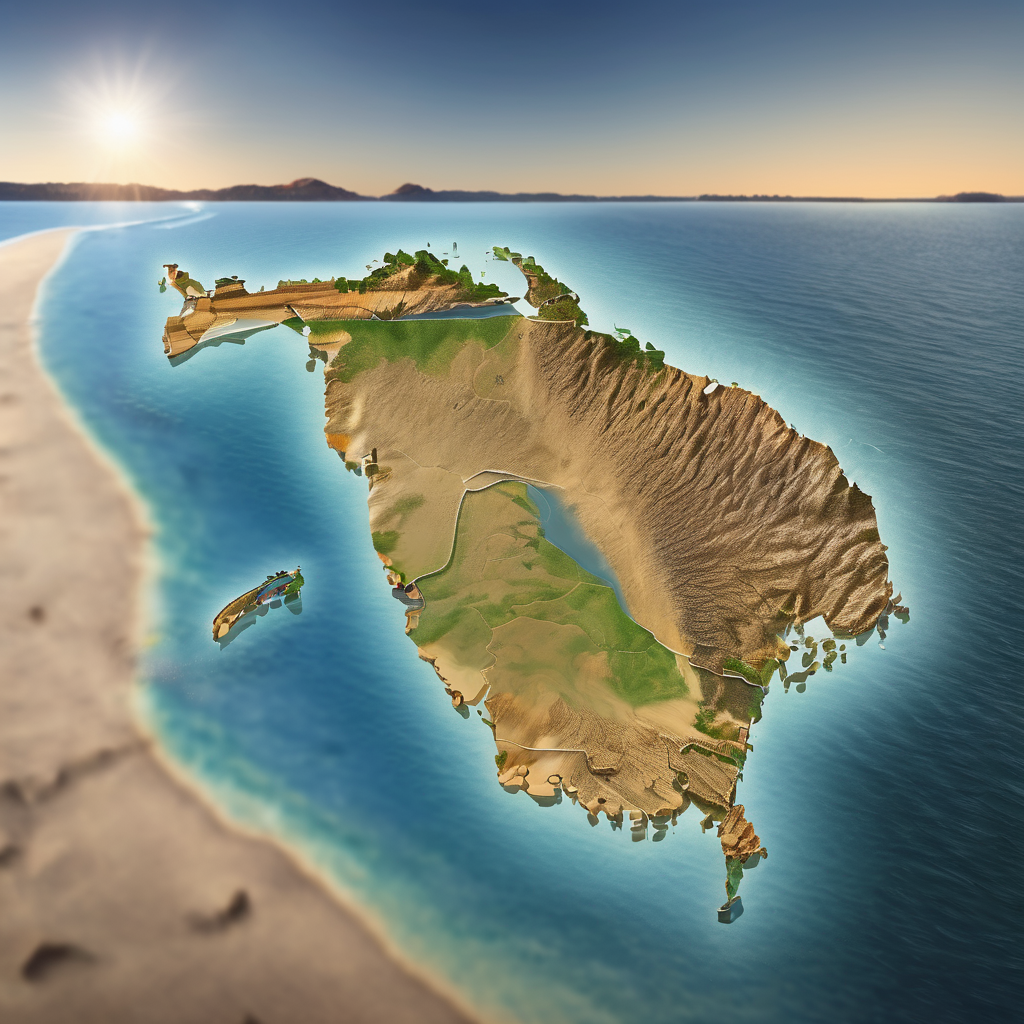Australia is gearing up to host the upcoming United Nations climate change summit, COP31, in Adelaide, with potential expenses estimated around $2 billion (US$1.30 billion). Despite the significant financial implications, Chris Bowen’s Climate Change Department is backing the bid, suggesting that engaging with Pacific leaders could help manage costs. However, the Department of Prime Minister and Cabinet has raised concerns over the political ramifications of granting a major platform to world leaders at the summit.
Bowen asserts that hosting COP31 will deliver substantial economic and geopolitical advantages for Australia, justifying the financial impact on taxpayers. He cites historical examples where the Labor Party supported previous governments in organizing international events like the APEC and G20 summits. Bowen emphasizes potential short-term financial boosts from tourism and long-term strategic benefits, particularly in renewable energy development, as crucial components for Australia’s future.
Opposition from the Coalition, particularly leader Peter Dutton, has been strong, with claims that the expenditures could balloon into “tens of billions.” Dutton argues that the government should prioritize domestic economic challenges, especially the rising cost of living. Despite this, experts note that previous COP hosting costs have generally been lower than anticipated and may also lead to economic benefits through further investments and tourism.
In addition to budgetary concerns, Australia’s bid faces competition from Turkey, as both nations vie for hosting rights amid a stalemate in negotiations. Each country is part of a group of 28 that requires unanimous consent to secure the hosting privilege. Prime Minister Anthony Albanese expressed optimism about Australia’s prospects, though uncertainty lingers until a decision is finalized.
Australia’s involvement in climate discussions has become increasingly vital for Pacific island nations, who view climate change as an existential threat. Leaders from these nations, including Palau’s President Surangel Whipps Jr., have shown strong support for Australia’s hosting bid, seeing it as a reflection of regional unity and a commitment to clean energy investments.
This situation underscores the delicate balance between local political discourse and global climate responsibilities. As Australia navigates these complex discussions, there is a shared hope for significant collaboration in addressing climate challenges. Ongoing dialogue with Pacific nations is crucial as they confront escalating climate issues together. The commitment to host COP31 could represent a transformative opportunity for Australia, not just in advancing climate action but also in reinforcing its cooperative relationships within the Pacific region.
